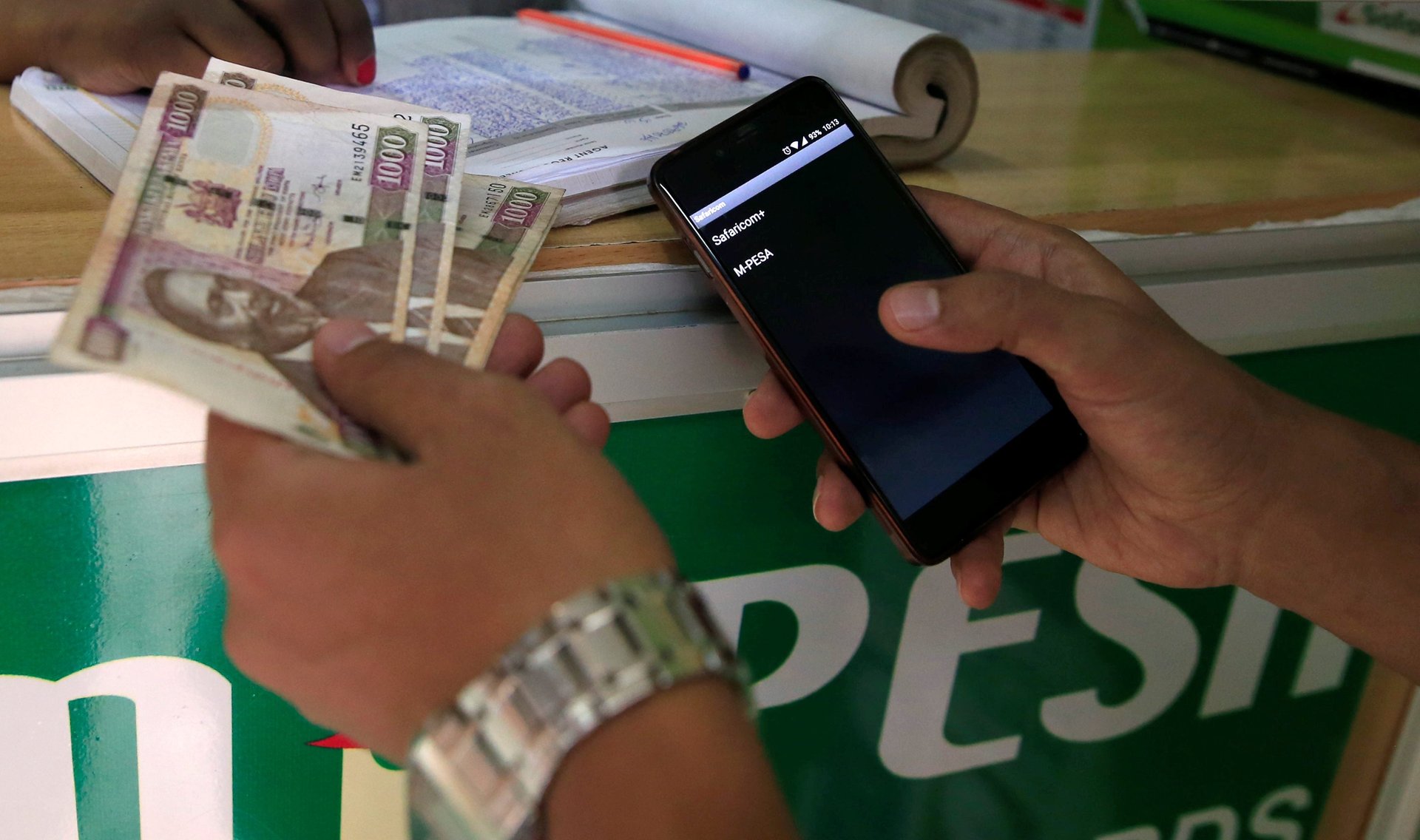More African countries are looking to tax mobile money transactions
Much has been written about the need for African countries to collect more tax revenue from citizens and businesses. The IMF has been imploring sub-Saharan countries, particularly over the last decade, to focus on expanding and diversifying their tax bases.


Much has been written about the need for African countries to collect more tax revenue from citizens and businesses. The IMF has been imploring sub-Saharan countries, particularly over the last decade, to focus on expanding and diversifying their tax bases.
Some countries have taken heed of the advice. Yet most haven’t moved beyond lip service.
When it comes to new taxes, we often see African governments (especially those led by new administrations) setting their sights on commodity players like mining companies and oil multinationals.
Now there’s also a growing trend of governments looking to their fastest-growing sector of the past two decades: the mobile phone industry.
In most countries, phone companies and mobile operators already pay taxes. The more recent trend is to initiate or raise specific mobile consumer taxes—particularly for devices and transactions.
Just over a year ago, Uganda’s regulators introduced a so-called social media tax and a levy on mobile money transactions. Uganda is not alone: Industry research from 2017 shows up to 26% of the taxes paid in the mobile industry in 12 Sub-Saharan countries were industry-specific.
Kenya, often highlighted as the leading light of mobile money sector, has also been increasing taxes on transactions and on airtime use, which can result in double taxation—you can’t have a mobile money transaction without already having paid for airtime.
Much of this is tackled in a recent Brookings paper by Njuguna Ndung’u, who was Kenya’s central-bank governor from 2007 to 2015, the early years of M-Pesa’s mobile money rollout. In that time, research shows Kenya’s financially excluded population numbers declined dramatically.
Ndung’u, now executive director the African Economic Research Consortium (AERC), warns new transactional taxes risk stalling progress on digitization and financial inclusion. The paper uses economics’ Laffer curve to argue that raising taxes may have the opposite effect of increasing government revenues—beyond an unknown optimal point, African consumers will simply stop using these services and return to cash.
If there’s any doubt, look to Uganda again. Within three months of regulators rolling out new levies, there was a decline in the number of internet users, total revenue collected, and in mobile money transactions. Research also shows how the expansion of mobile money transactions in developing countries also supports the formalization of the dominant informal economy.
The expansion of mobile money services might be one of the most efficient ways of increasing the general collection of taxes—but probably not if you double-tax transactions first.
Sign up to the Quartz Africa Weekly Brief here for news and analysis on African business, tech and innovation in your inbox